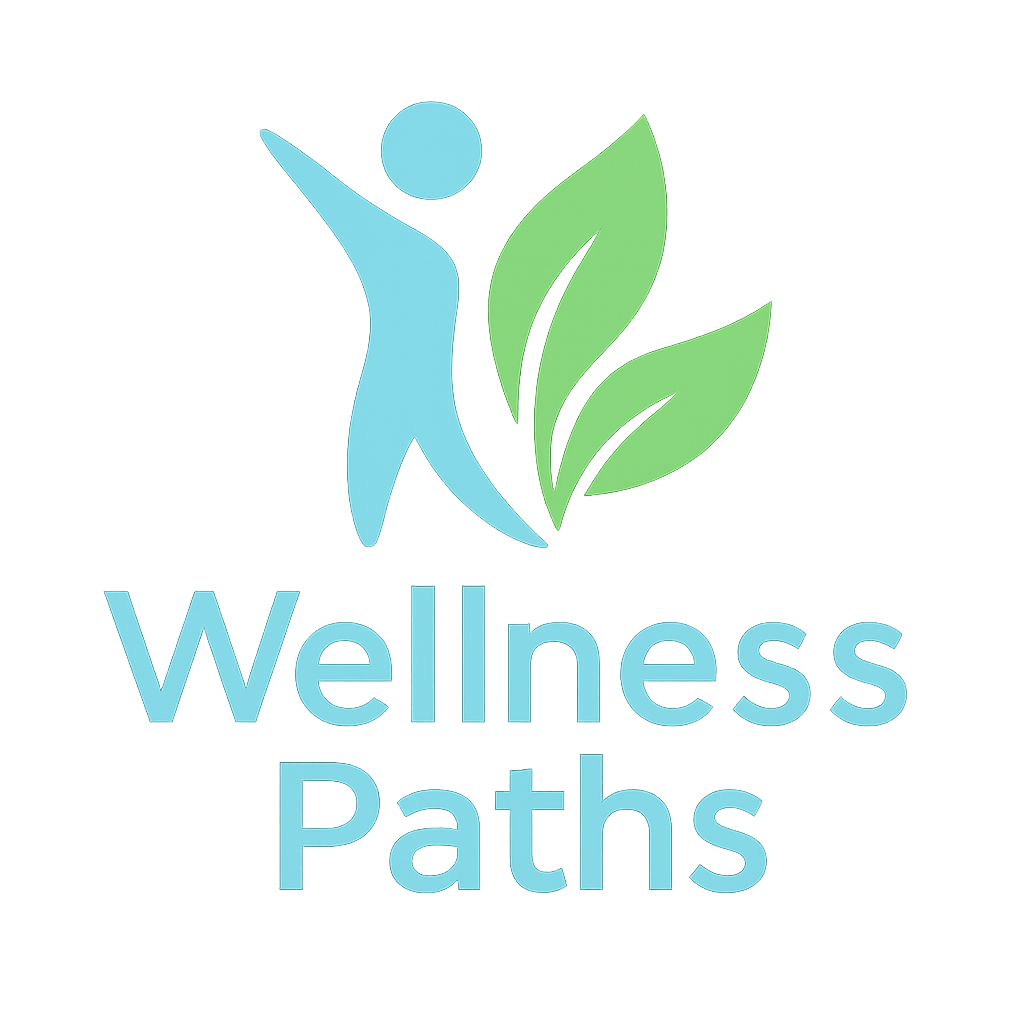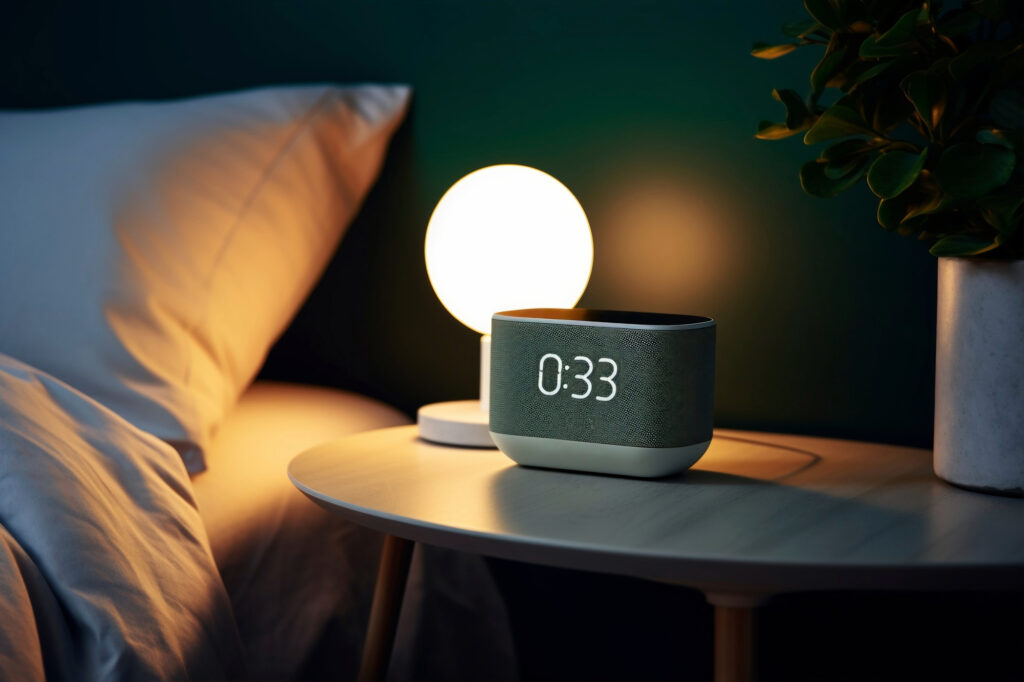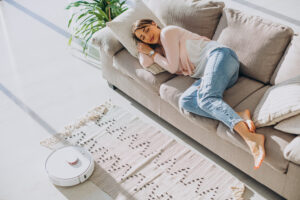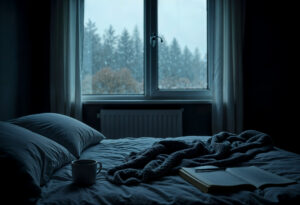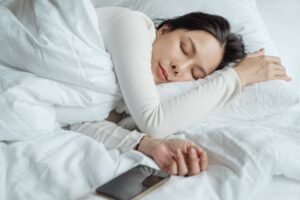Getting good sleep is key to feeling well during the day, but it’s not always easy. In recent years, technology designed to improve sleep has grown a lot. From smart mattresses to mobile apps and gadgets that promise better rest, there are plenty of tools to try. But not everything that sounds good actually helps. In this article, I’ll tell you which sleep tech can really make a difference—and which ones you should think twice about before spending your time or money.
Smart Mattresses: Comfort and Temperature Control
One of the most popular types of sleep tech is smart mattresses. These mattresses come with sensors and special materials that adjust firmness or temperature to help your body feel more comfortable while you sleep. Some can cool or warm the bed to avoid feeling too hot or too cold—two things that can easily disturb your sleep.
What do they offer?
- Extra comfort and support for your body.
- Temperature control to avoid hot or cold nights.
Any downsides?
They’re not a magic fix for serious sleep problems like insomnia or sleep apnea. They can improve your environment, but they don’t replace healthy habits or medical treatment if you need it.
Sleep Tech Apps: Helpful or Stressful?
There are more and more apps that promise to track how you sleep, how much time you spend in each sleep stage, and how much you move during the night. These apps can give you useful insights into your habits and sleep schedule.
The good side:
- They help you become more aware of your sleep patterns.
- You might realize you’re going to bed too late or waking up too early.
The not-so-good side:
- Paying too much attention to the data might make you anxious about “not sleeping well,” which ironically can make things worse
- The results aren’t always 100% accurate, so it’s best to use them as a guide, not as strict facts.
Light and Noise Control Devices
The space where we sleep matters a lot. That’s why tech that controls light and sound has become so popular.
- Sunset-style lamps: These dim slowly and switch to warm light to help your body wind down
- White noise machines or nature sounds: These create a steady sound that blocks out annoying noises and helps you relax.
These tools work because they follow how our bodies react to light and sound. They’re simple, but very effective ways to improve sleep quality.
Sleep Tech for Relaxation and Breathing
Some gadgets are designed to help calm your body and mind before bedtime. For example:
- Sensor masks: These show you how you’re breathing and guide you through slow, deep breaths.
- Heart rate monitors: These tell you when you’re feeling calm and help you slow down your thoughts and breathing.
These tools can be helpful for people who have a hard time relaxing and tend to go to bed with a busy mind.
Sleep Tech Helps, but Good Habits Matter More
No device can replace the power of healthy sleep habits. That includes:
- Going to bed and waking up at the same time every day.
- Avoiding screens at least an hour before sleeping.
- Keeping your bedroom dark, quiet, and cozy.
- Skipping caffeine and heavy meals before bedtime.
For more advice on building healthy sleep habits and getting truly restorative rest, check out my article Restorative Sleep.
What about you
Have you used any sleep tech lately? I’d love to hear what helped you—and what didn’t quite work out. Drop your thoughts in the comments and let’s share tips to get better sleep together.
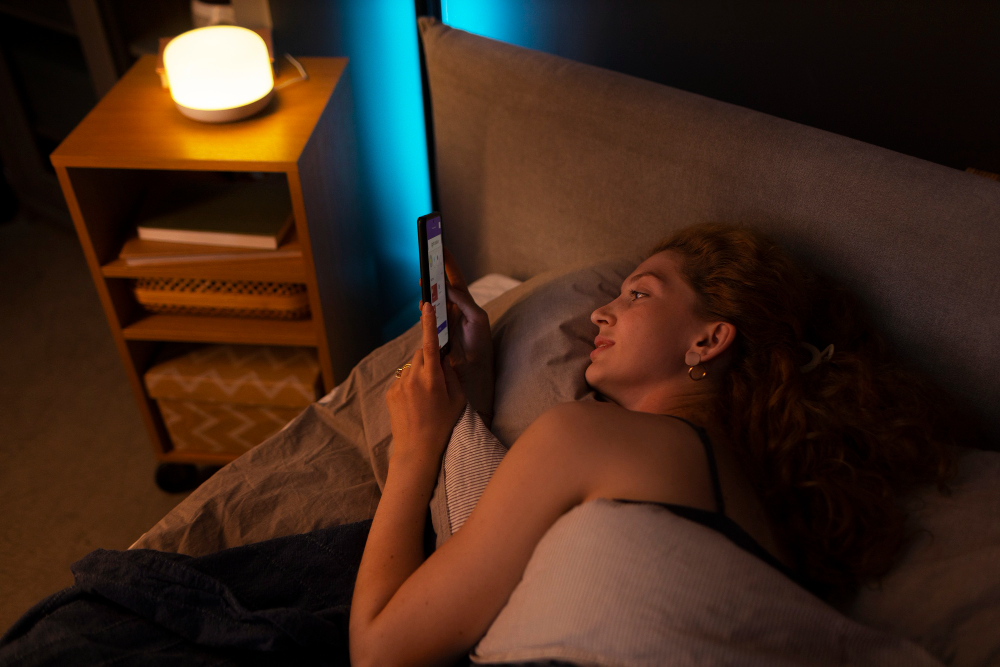
Sources
Tom’s Guide – In their guide “The best smart beds and smart mattresses 2025: cutting‑edge tech to help you sleep better,” they review leading systems like the Eight Sleep Pod 4, Sleep Number i8, and Saatva Solaire. The article highlights features like temperature control, adjustable firmness, and sleep tracking, but also warns about the high price and stresses choosing based on personal sleep needs
https://www.tomsguide.com/best‑picks/best‑smart‑beds‑and‑smart‑mattresses
Nature Communications – Publishes an analysis on the effectiveness of sleep-tracking apps, showing moderate improvements for people with sleep disorders.
https://www.nature.com/articles/s41467-024-45328-6
National Institutes of Health (NIH) – Reports that managing exposure to noise and light at night improves sleep quality and reduces disturbances, supporting the use of environmental control tech like white noise machines and dimmable lamps.
https://www.ncbi.nlm.nih.gov/pmc/articles/PMC11539991/
